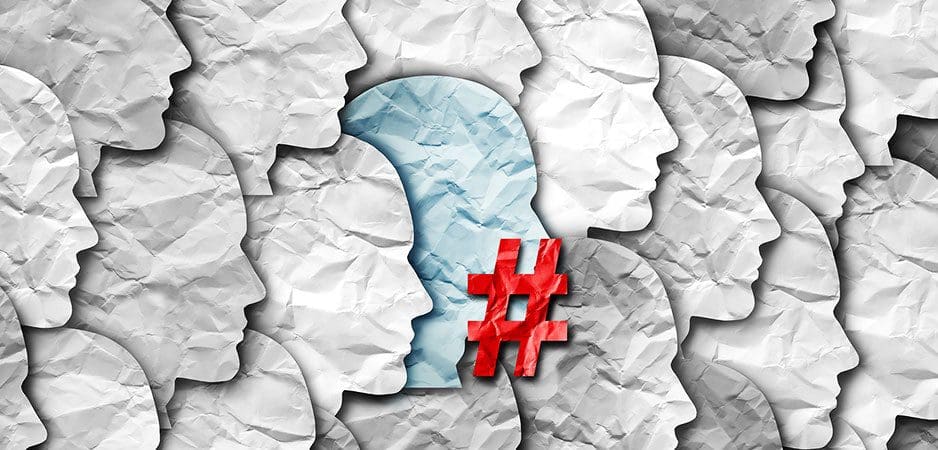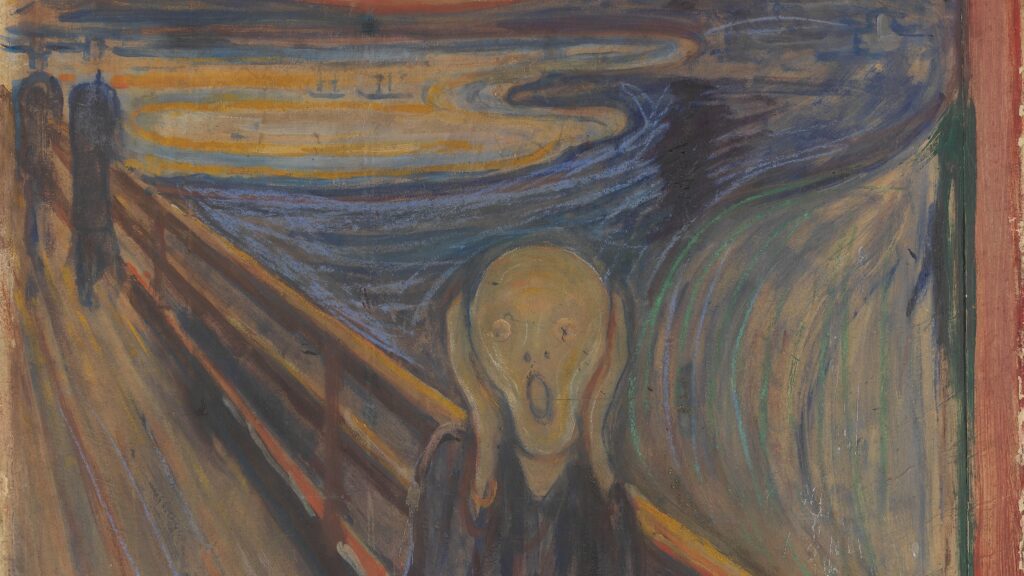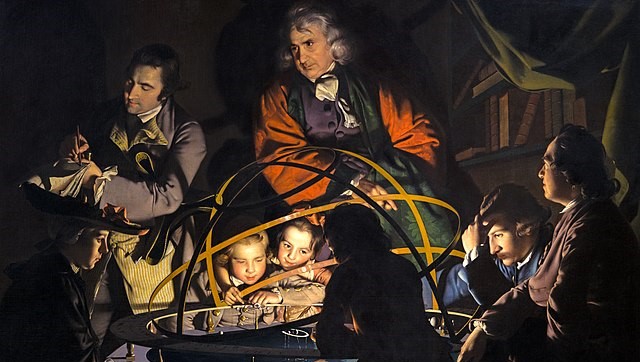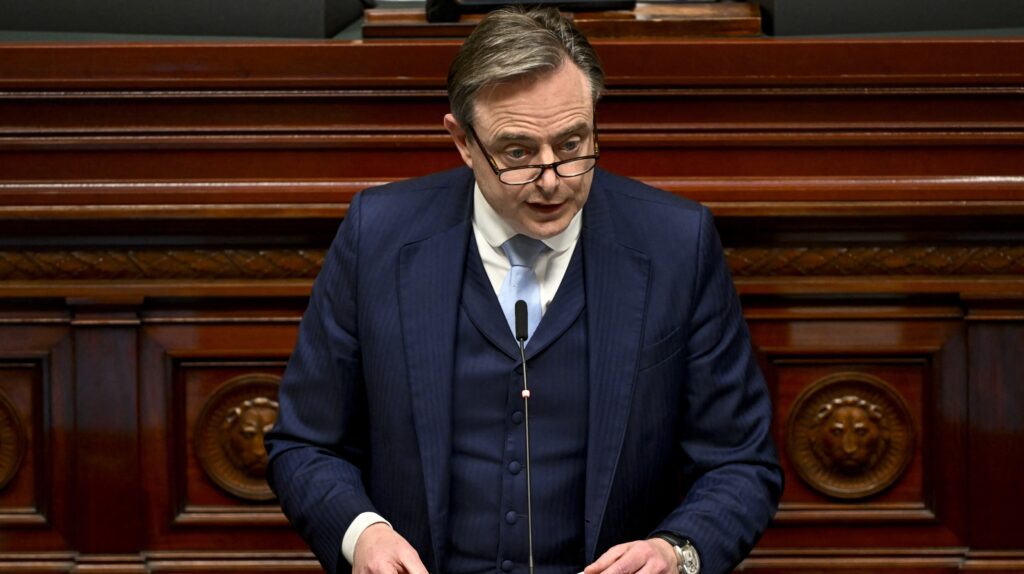Freedom of speech. One would think that it is such a self-evident concept. For conservatives like us, there is no democracy without free speech. For our liberal friends, however, the concept is no longer so obvious.
In Hungary, people could not say publicly what they thought for more than forty years, before the change of regime. People refer to ‘press freedom’ during the communist era sarcastically as the time when it was allowed to say anything as long as what was said was allowed. Those were the days of communist dictatorship, when censorship was connected with the authority of the state. Unlike Westerners, Central and East Europeans have first-hand experience of how the communist state controlled what was to be published and uttered. After 1989, we thought it was over once and for all. However, suddenly we realized that technological developments have brought about a new form of unpleasant censorship.
This new censorship is not conducted by states, but by multinational organizations and the media itself. Today, the lords of censorship are called social media and the opinion bubble. These adversely affect citizens’ freedom to express their opinions both offline and online, but in a different manner. Ironically, social media started as the embodiment of free speech. By now, however, they have completely turned the concept upside down. Social media platforms directly control, regulate, and delete posts that are deemed ‘inappropriate’ or a ‘violation’ of their rules.
In theory, having their own rules could work perfectly. In an ideal world, disturbing posts can be deleted automatically by algorithms, or manually by content moderators. How convenient! As long as we have a universally agreed moral standard by which one can judge what is harmful and what is allowed, it could function objectively. Unfortunately, however, this is not the case. The problem is that nowadays there is hardly any moral standard that is interpreted in the same way across the globe, or even within the EU. Sadly,conservative values have ceased to be governing points of reference, while Christianity or religious moral standards are no longer concepts that define our daily behaviour. Instead, a distorted concept of liberalism has become the mainstream approach. Liberalism should mean that everything which does not harm another person or another person’s interests is allowed. Today, however, liberalism accepts everything as long as it corresponds to its own worldview. Liberalism, therefore, is returning to the concept of socialism: one is allowed to say everything—provided it is in line with and favoured by the liberal mainstream. Communist cultural policy operated on the basis of the 3Ps: prevent, permit, and promote. First, they prevented a certain behaviour or product, then they permitted it, and finally they promoted it according to its popularity. Liberals, on the other hand, believe in the 3Bs: bashing, blocking, and banning, until they push the unwanted behaviour or person to the margins of society. And since social media largely echoes the liberal mainstream, it has lost its initial characteristic: it is no longer social.
Big tech companies not only each have their own rules, they also apply them arbitrarily. This was particularly apparent when Facebook was bashing, blocking, and finally banning former US President Donald Trump. Its own “supreme court”, a quasi-judicial body, the so-called Oversight Board, later decided that the ban was in line with its own Community Standards—standards, which regulate the use of the platform. There are at least two problems with such an approach, which I enumerated in a recent letter to the regional director of the digital platform. Firstly, we do not know how these standards are designed. Secondly, these social media platforms also decide, based on their own rules, what restrictions on freedom of expression are applied on their interfaces, thus effectively creating a parallel pseudo legal system in which the safeguarding elements provided by a state cannot prevail. This may lead to an undue influence over public events that are decisive in the life of a society—such as elections, as was the case in the United States.
With the rise of social media platforms, large technology companies are gaining increasingly broad social and economic influence. In the past decade, there has been a trend for certain platforms to become incredibly popular, displacing traditional platforms and their smaller competitors. Today, users live and share ever more of their lives online, and large companies are able to affect entire societies to an extent that was conceivable earlier only in religions, ideologies, cultural phenomena, or historical events. These companies, however, not only affect society, but effectively restrict freedom of expression and determine users’ access to information.
Since the mainstream media is heavily influenced by the ultra-liberal stance, it is worth taking a look at some liberal standards regarding their interpretation of free speech. This March, the Democratic mayor of New York City, Bill de Blasio, proposed that the police should go after people and begin investigating them if they did something ‘hateful’ but had in fact committed no crime. Acts of hate that do not constitute a criminal case also involve speech—as does saying things that de Blasio’s administration finds offensive, for that matter. Being investigated for saying something rude or incorrect without committing a crime is just one step away from being investigated for thinking something incorrect—which sounds too much like an Orwellian thought police.
Liberals are strong advocates for constraining free speech in the hopes of stopping hate speech, but there are no constraints on free speech when it comes to bashing conservative values. In that case, every conceivable weapon and slur is allowed in the name of liberalism. There is no taboo, be it religion, morality, or tradition. Conservatives must simply tolerate it when God, Jesus, or the Christian faith is mocked or made ridiculous. Liberal values, on the other hand, are full of taboos. If one does not praise the latest added letter to the LGBT… abbreviation, for instance, one is labelled xenophobic, chauvinistic, or nationalist at best. Questioning the viability of an open society or imprudent and reckless migration policies also makes a conservative a persona non grata. Hardly any debate is possible, since ideology is more important than truth and common sense. Even more importantly, what does not fit the liberal mindset becomes unscientific, even if (biological) facts must be denied. Liberals also frequently turn against their own in the name of the mainstream dogma.
The second embodiment of censorship is the opinion bubble, which functions in a less apparent manner. It makes people think and express only what is accepted by the mainstream media. Moreover, social media strengthens the opinion bubble by offering only news that aligns with a user’s preferences; it also shrinks our scope of vision, alienating us from each other in the name of ‘user experience’. Likewise, the enforcement of political correctness means that one can hardly have a meaningful dialogue any more.
Today, social media has developed into much more than the name suggests. Scientific experience shows that the number of ‘likes’ connected to a post retroactively affects our perception of the event concerned, and hence alters our memories. Social media is even used as a political tool. Some—mainly conservative—politicians may get banned, or their post reach may suddenly be reduced, whereas certain movements are supported by big platforms and hence may seem bigger and more important than they actually are. Some human rights organizations, for example, instead of learning from history, went as far as faking history and literature. It all culminated in the aggressive and destructive Black Lives Matter (BLM) movement which, judging by its visibility on social media platforms, seemed to rule the world in the summer of 2020, whereas it was, in fact, a loud minority, which has recently seen its level of overall popular support in the US decrease. At the height of the movement, even statues of historical figures were taken down because the figures they represented had done or said something in the past that, when taken out of its historical context, was now deemed hateful. These BLM activists wanted to erase the past, the same way internationalists and communists had. As French President Macron recently put it on the occasion of the bicentenary of Napoleon’s death, however, we should not give in to the temptation of that anachronistic trial which judges the past by the laws of the present.
Today’s “objective truth” is not what the majority of the scientific community accepts as such; rather it is what most people share on social media
As in the case of BLM, social media may strengthen voices which would not otherwise gain sufficient ground. In a survey conducted by the Allensbach Institute last year, 20 per cent of German professors deemed political correctness as a factor hindering scientific research. It also found that in contrast to the US, where cancel culture rules—whereby professors are dismissed for crossing thresholds of political correctness—in Germany a certain ‘distressing withdrawal’ from expressing one’s opinion applies, coupled with a ‘hostile environment, political pressure and intimidation’. A 2017 study shows that 51 per cent of US students felt that it was acceptable to shut down a speaker they disagreed with (19 per cent even thought that the use of violence was also admissible in such a case). The situation reached a stage where German and American researchers founded a network in order to protect colleagues who are restricted in their scientific freedom when they do not follow the mainstream.
At the same time, social media also contributes to the devaluation of merit. Today everybody can become an influencer irrespective of the value of the content they provide. On social media, it is not a requirement to write correctly; abbreviations, smileys, and emojis need hardly be grammatically correct. One may say that this is all right, that a laid-back and ‘cool’ online environment may tolerate such mistakes. However, this is taken a dangerous step too far when such permissive behaviour spills over into academia. In some British universities, for example, professors have to apply so-called inclusive assessments, whereby students are not marked down for bad spelling, grammar, and punctuation, because insisting on good written English would be too ‘elitist’—according to the advocates of this assessment—discriminating against ethnic minorities and those who went to ‘underperforming’ schools. What they fail to realize, however, is that instead of pulling up the underperformers to the required university standard, this approach results in cutting off the heads of the top performers, and ultimately reduces the quality of the whole university.
Our values are therefore at risk, and social media is strengthening this phenomenon. Everything that we believe in becomes a target and is therefore at risk: God, patria, family, nation, tradition, borders, work, property, excellence, and so on. This was apparent when the Hungarian government was severely attacked for constitutionalizing such evident facts as, for example, the fact that the father of a child is a man and the mother is a woman.
The opinion bubble, coupled with political correctness and self-censorship, has reached a point where we conservatives can remain silent no longer. Indeed, we have been silent for too long. We thought that no matter what the liberals were thinking, theirs was just another way of life and another way of thinking. Conservativism, a credible and attractive alternative always existed. Conservatives said what they thought and did what they said. In this sense, the world was black and white; one could call a spade a spade. We thought that our word would remain intact, that there would be countries which arranged their society according to liberal ideas, whereas others would choose a more conservative approach. There were liberal democrats, conservative democrats, Christian democrats, socialist democrats, and so on. One did not try to persuade the other that a certain concept of democracy was better, and these concepts co-existed. Today, however, the world has reached a stage where there seem to be only liberal democrats, while the rest are excluded from the ‘community of civilized nations’. Liberals want to invade every country’s society, and turn them all into their open societies. They want to enforce their way of life upon others, and social—or if you will socialist—media is a powerful tool for achieving that goal.
In this troubled atmosphere, the Hungarian government felt the need to act, thus the Digital Freedom Committee was founded in the Ministry of Justice in order to explore the environment within which big tech companies carry out their activities. On the other hand, the Hungarian government embarked on a quest in 2010, representing its own values, no matter what the liberal mainstream opinion bubble allows or accepts. We realized that we can only fight against this opinion bubble by showing a functioning alternative.
The pluralistic approach of the Hungarian government effectively provides a way to think out of the box.
In the physical sphere, legislation designed for businesses is normally upheld by citizens and companies, and if not, there is effective competition, economic or even criminal sanctions against those who infringe the rules. It gets much more difficult, however, when the anomalies occur in the online space. Perpetrators are not easy to identify, and due to the international nature of big tech companies, it is not evident to which national regulation they should be held liable.
Hungary has long understood that we have to tread our own path in order to preserve what is dear to us. If we want people to control technology and not the other way round, then the same laws should apply both offline and online. This is what guarantees the normal way of life of a society. At last, more and more countries are recognizing the urgency of addressing this issue, with independent national legislation to regulate big tech companies and social media. Examples include Germany, France, Poland and in fact even the EU as a whole, not to mention Australia, Canada and the US. At the end of 2020, the European Commission presented two legislative proposals (the so-called Digital Services Act and Digital Markets Act) aimed at creating a single set of rules for social media platforms across the EU. If adopted, the proposal will be directly applicable in all Member States, and so will have an impact on the scope of each national regulation. Although the adoption of the drafts is still pending due to the slow speed of the EU legislative process, regulatory efforts are well advanced. Due to the importance of the issue, the Hungarian government is also actively involved in the negotiation of the legislative package, representing Hungarian interests as well.
The regulation of social media platforms is inevitable, what not even the platforms themselves would deny. It is inevitable not only for the protection and enforcement of certain fundamental rights, but also because digital market players—given that this market is now global—must also comply with competition rules. Big tech companies are often able to restrict or even make competition impossible by abusing their monopoly position, therefore it seems justified to guide the market players also through competition rules. The EU is on the right track with the digital package. Examples show that states may have a hard time when regulating alone. This is a field where a firm European answer or international cooperation is needed in order to counter the hegemony of social media and guarantee fairness and objectivity. We are looking forward to the EU regulation plan and can only hope that it will be more successful than the vaccination negotiations.








